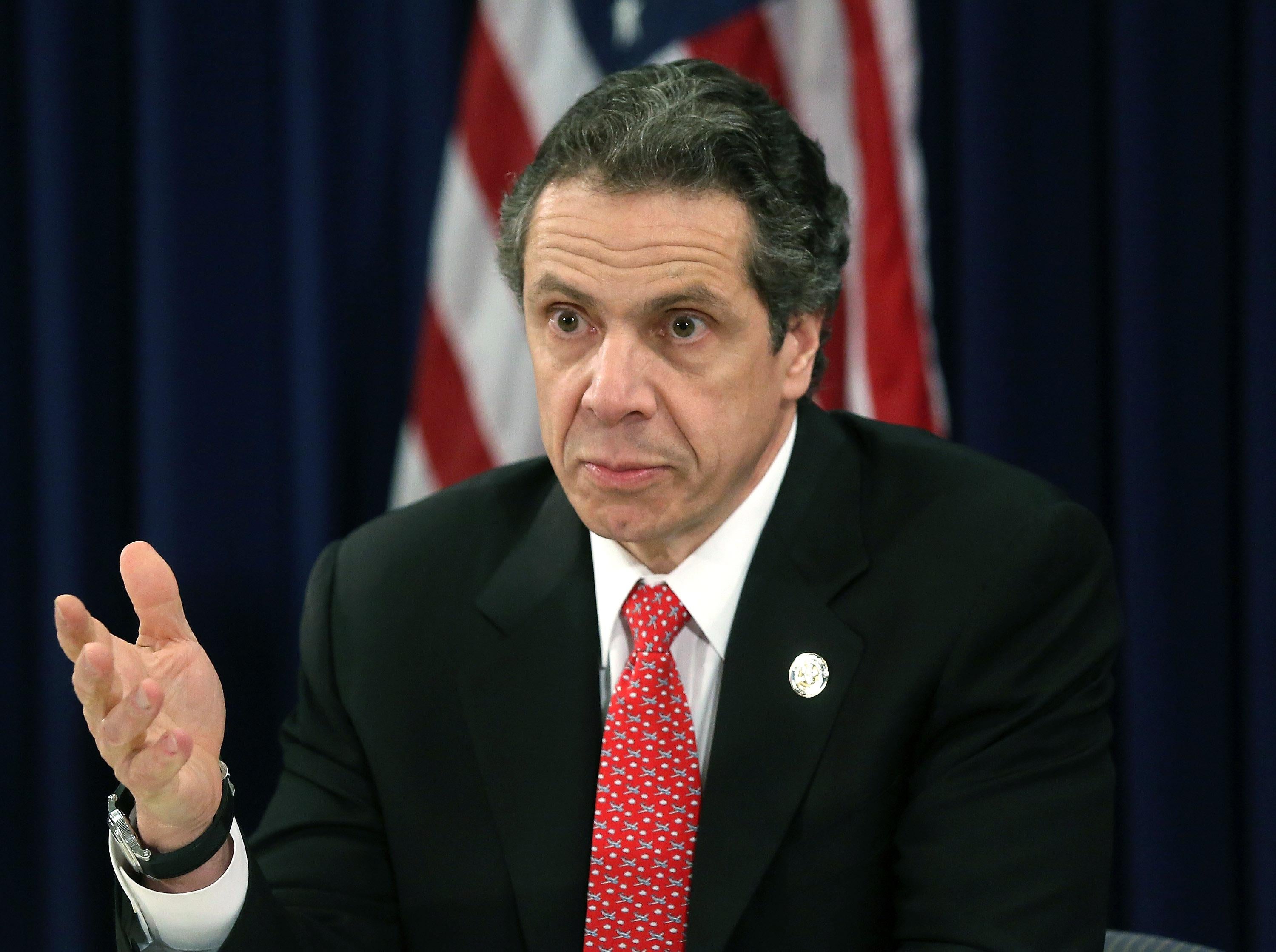More than a month ago, New York’s disrespected left saw a potential opening. A Siena poll asked voters whether they’d re-elect Gov. Andrew Cuomo, who has remained overwhelmingly popular since his 2010 election (over a deranged Tea Party candidate). They would, over suburban county executive Rob Astorino, with a twist:
If Cuomo faces Astorino alone, he would likely win with 58 percent of the vote to Astorino’s 28 percent. A third-party candidate could claim as much as 24 percent of the total vote, leaving Cuomo with 39 percent of the total, much less than the landslide victory he’s been hoping to achieve in his bid for a second term.
The Working Families Party is a progressive force that’s benefitted from the unique fusion rules of New York politics. Candidates can run with the backing of multiple parties; Republicans often appeal to the Conservative Party, hoping to eke out votes from the right while they run to the middle. In the 2013 New York mayoral race, the most progressive Democratic candidate in recent history, Bill de Blasio, won 4 percent of his landslide vote on the WFP line.
So, there was an opportunity for the left. Could it challenge Cuomo, who had disappointed unions and done nothing to end Republican control of the state Senate?
Maybe, but it didn’t. Cuomo moved quickly to undermine labor’s opposition to him, buckling on pay increases for NYC transit workers. And the left dithered. Not until May 30, the day before the WFP convention began, did a left candidate emerge. Zephyr Teachout, a law professor and progressive campaign veteran (Howard Dean’s 2004 campaign, mostly), entered the race for the WFP nod.
Cuomo crushed her. There’s plenty of good reporting on the scene in Albany, in which a left that seemed to have momentum crumbled and went with Cuomo. Unions came out for the governor, and whipped the vote. They did so with such aplomb that party co-chair Karen Scharff, who’d just told reporters that she didn’t expect the state committee to endorse, cast her vote for Cuomo. The governor won the WFP endorsement with nearly 60 percent of the vote—not fantastic for an incumbent, and a sense of what could have been.
According to Matt Stoller, one of the smartest critics of his left, it was an inevitable defeat.
After a resurgence under Bush from 2005-2008, liberals have been losing consistently for six years now. Donna Edwards and Ned Lamont were the last stand. Now there is no real war within the Democratic Party. In blue states like Wisconsin, public unions got crushed, the centrist beat the liberal in the primary and then lost to Scott Walker. Primaries all over, blue states and red, are slaughters for liberals. EMILY’S list, the DCCC, the White House, and every other party institution makes liberals their chew toy. There are no challenges to incumbent centrist Democrats anymore, but there are right-wing challenges to liberals (see Ro Khanna).
The problem starts with the composition of the left. It’s not a pure ideological force. It’s a coalition—minority groups, LGBT groups, labor, pro-choice, etc. and etc. A talented politician like Cuomo can easily split up his opposition in a way that, say, Thad Cochran cannot.
And there’s really no group on the left that’s adapted to this reality. The Progressive Change Campaign Committee, for example, rushed to endorse Teachout. As it was losing, it issued these talking points to press:
The PCCC made big news this week with an endorsement of Zephyr Teachout for the WFP nomination. The PCCC immediately launched online ads informing voters of Teachout’s entrance into the race and asked its membership of nearly 1 million nationwide to volunteer and donate to her campaign. In a recent survey of nearly 65,000 New York PCCC members, by 86% to 14% survey respondents said they would support a progressive challenger to Gov. Andrew Cuomo.
And what did they get? Nothing. The left is having some deserved fun with the troubles of the Tea Party, but just compare the change that the right can force in the GOP with the lack of change the left can engineer, in a progressive party, in a safe blue state.
